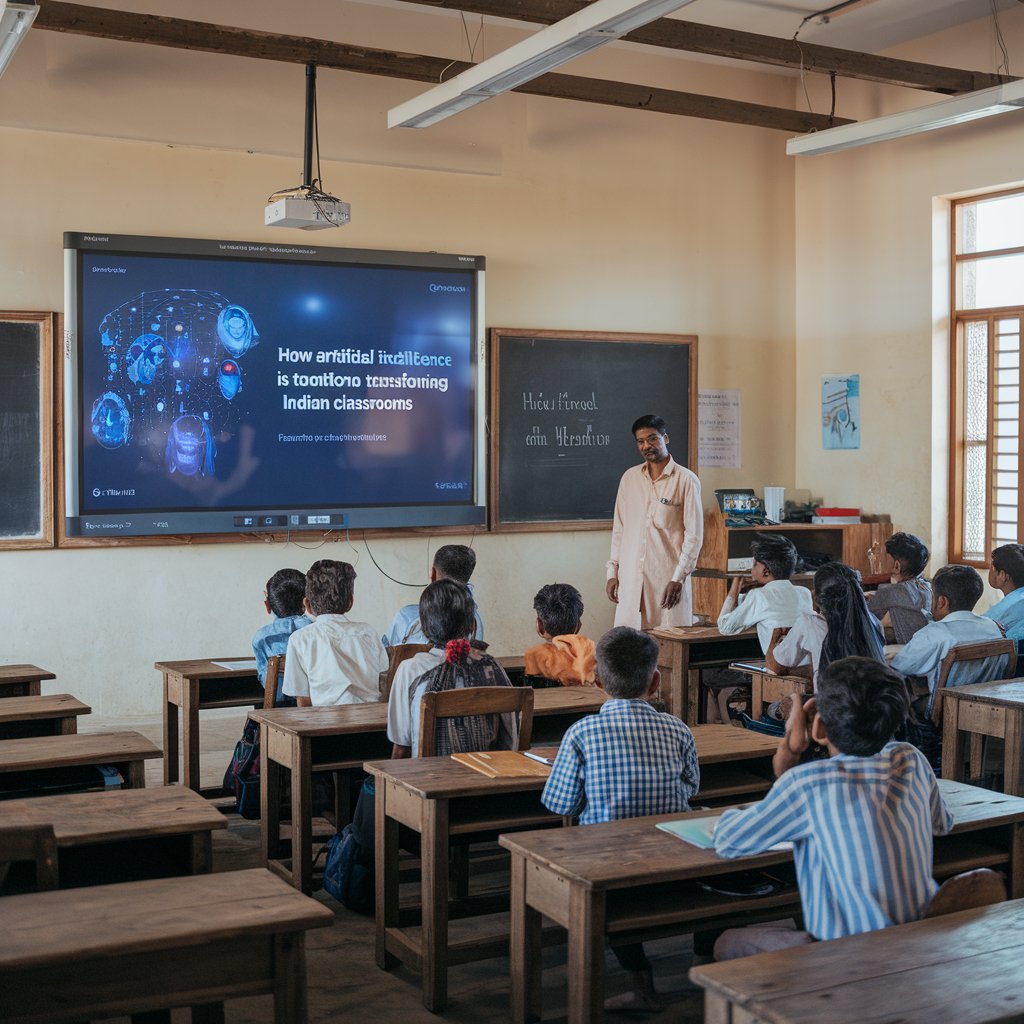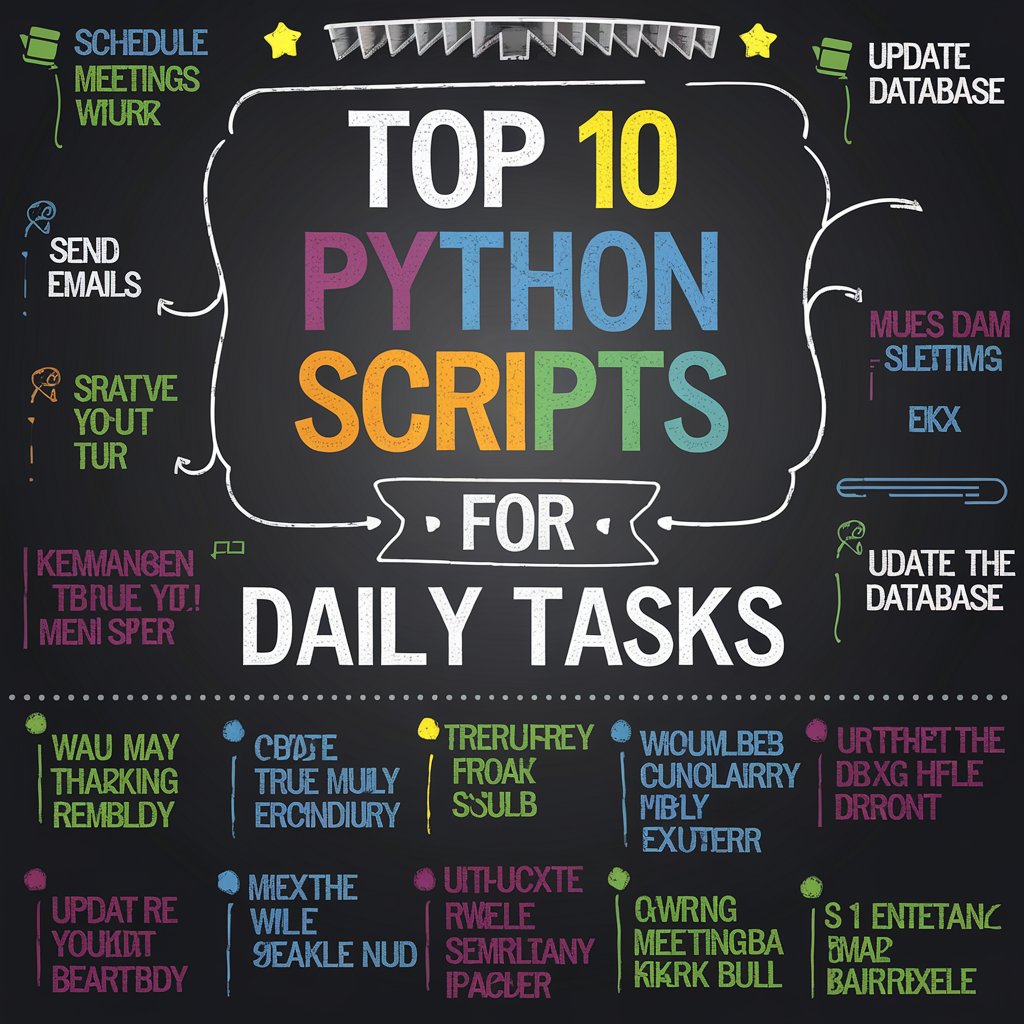
How Artificial Intelligence is Transforming Indian Classrooms?
Artificial Intelligence (AI) is significantly transforming Indian classrooms, enhancing the learning experience for both students and teachers
Personalized Learning:
- AI-powered tools can tailor lessons to individual student needs, helping them learn at their own pace. This enables better support for students with different learning abilities and styles.
Smart Content Creation:
- AI can generate customized content, including interactive lessons, simulations, and educational games, which enhance student engagement and improve understanding of complex subjects.
Automated Grading:
- AI systems can grade assignments and exams, reducing teachers’ workload and providing instant feedback to students. This allows teachers to focus more on teaching and mentoring.
Language Learning:
- AI-driven language learning apps can assist students in mastering new languages by offering real-time translations, speech recognition, and pronunciation tools.
Virtual Teaching Assistants:
- AI chatbots and virtual assistants can provide immediate responses to students’ queries, assist with homework, and offer additional explanations outside class hours.
Data-Driven Insights:
- AI can analyze students’ performance data to identify trends, strengths, and weaknesses. Teachers can use this information to make data-driven decisions and provide targeted support.
Enhanced Accessibility:
- AI technologies can help students with disabilities by providing speech-to-text, text-to-speech, or sign language recognition, ensuring inclusive education for all.
Interactive and Immersive Learning:
- Virtual Reality (VR) and Augmented Reality (AR) powered by AI can create immersive learning experiences, such as virtual field trips, historical reconstructions, or lab simulations, making learning more engaging and hands-on.
Administrative Efficiency:
- AI can help schools with administrative tasks like attendance management, timetable scheduling, and resource allocation, allowing staff to focus on core educational activities.
Teacher Training and Support:
- AI-based tools offer teachers continuous professional development by suggesting resources, best practices, and effective teaching techniques based on classroom performance.
Predictive Analytics:
- AI can predict student performance and identify those at risk of falling behind, enabling timely interventions and personalized support to prevent dropouts or failures.
Cost-Effective Education:
- AI-powered platforms can reduce the costs of educational materials, provide open-source learning tools, and ensure more affordable access to quality education for students across various socioeconomic backgrounds.
Through these advancements, AI is helping to democratize education, making it more personalized, accessible, and efficient in Indian classrooms.




